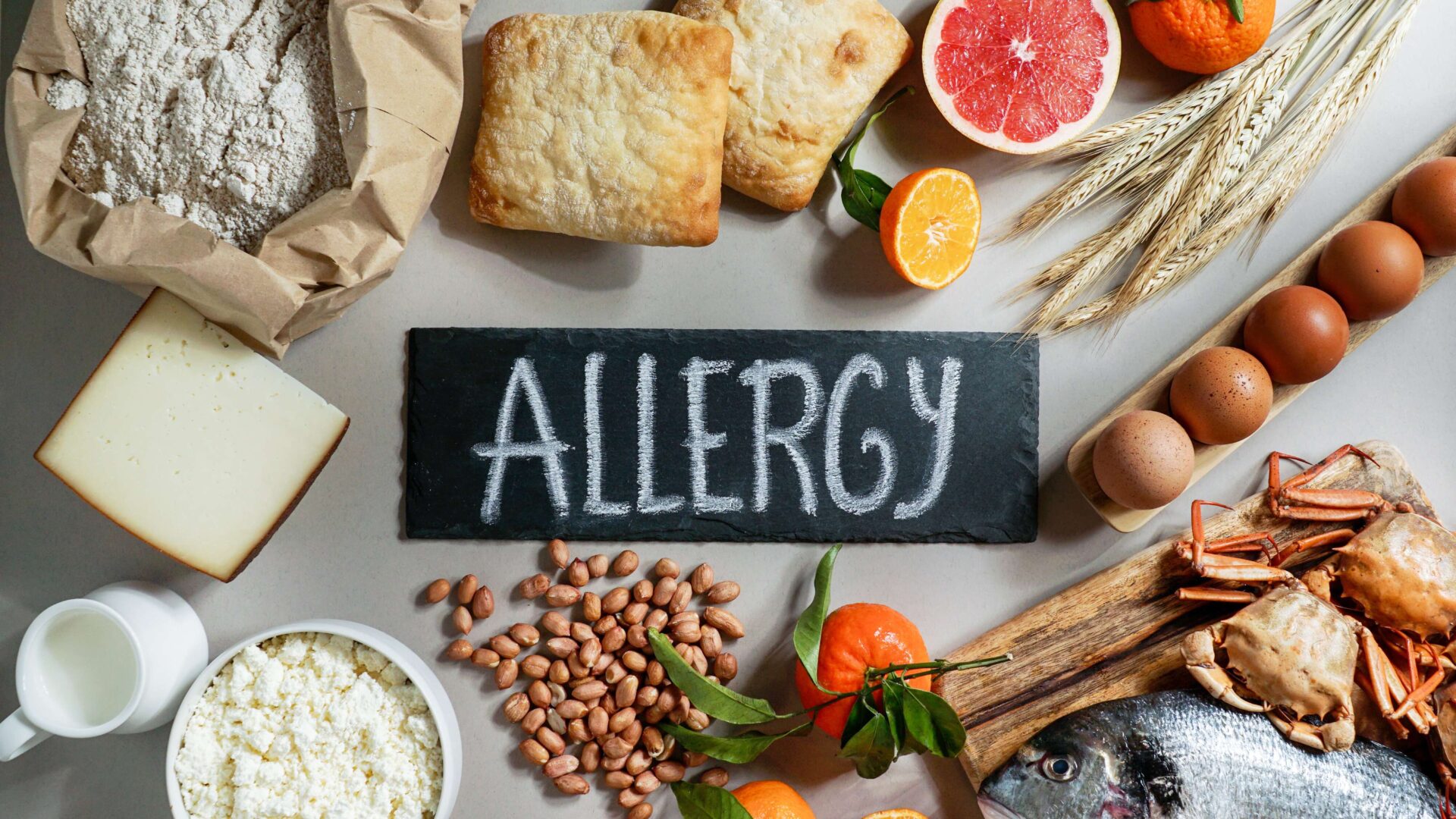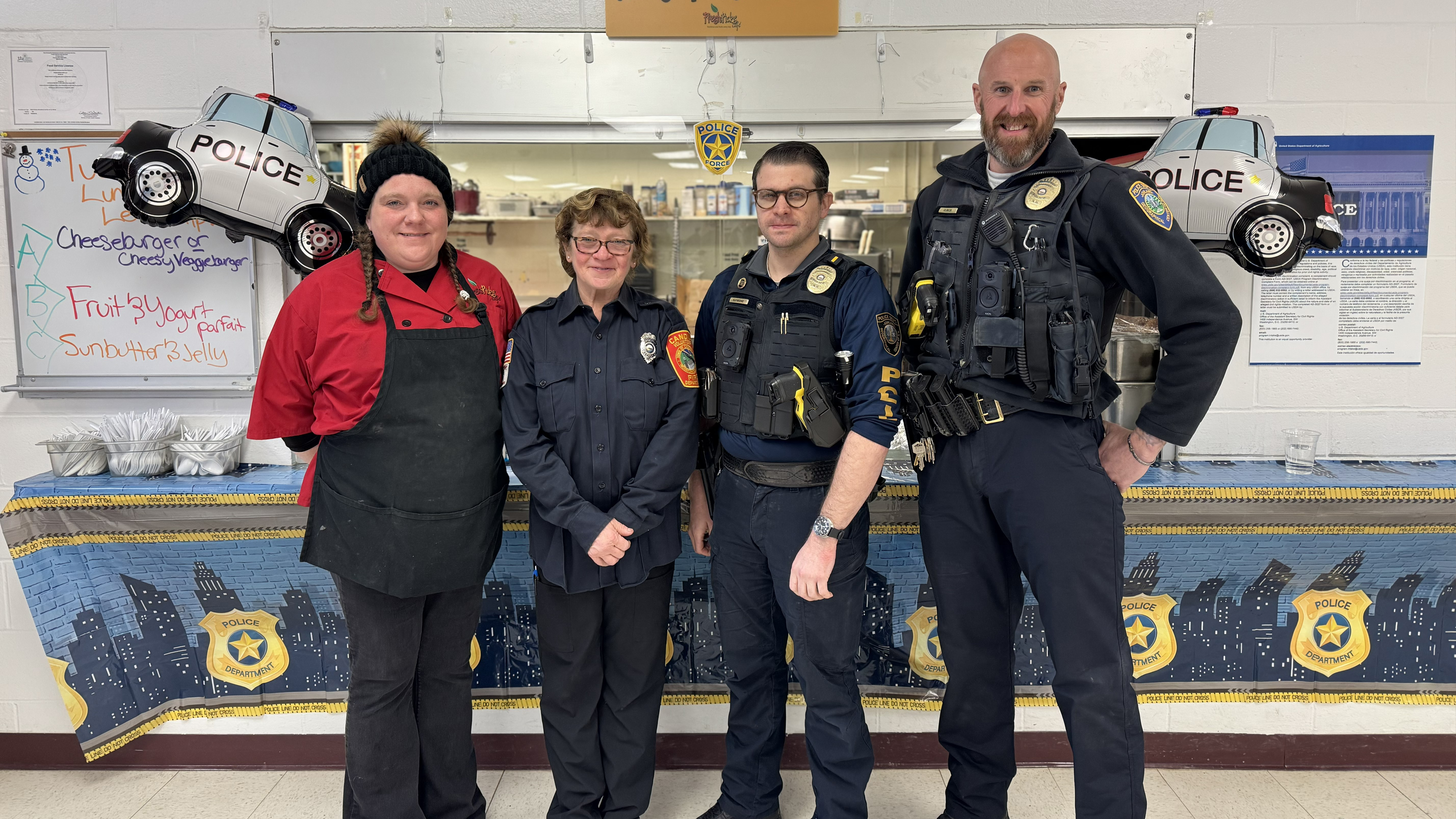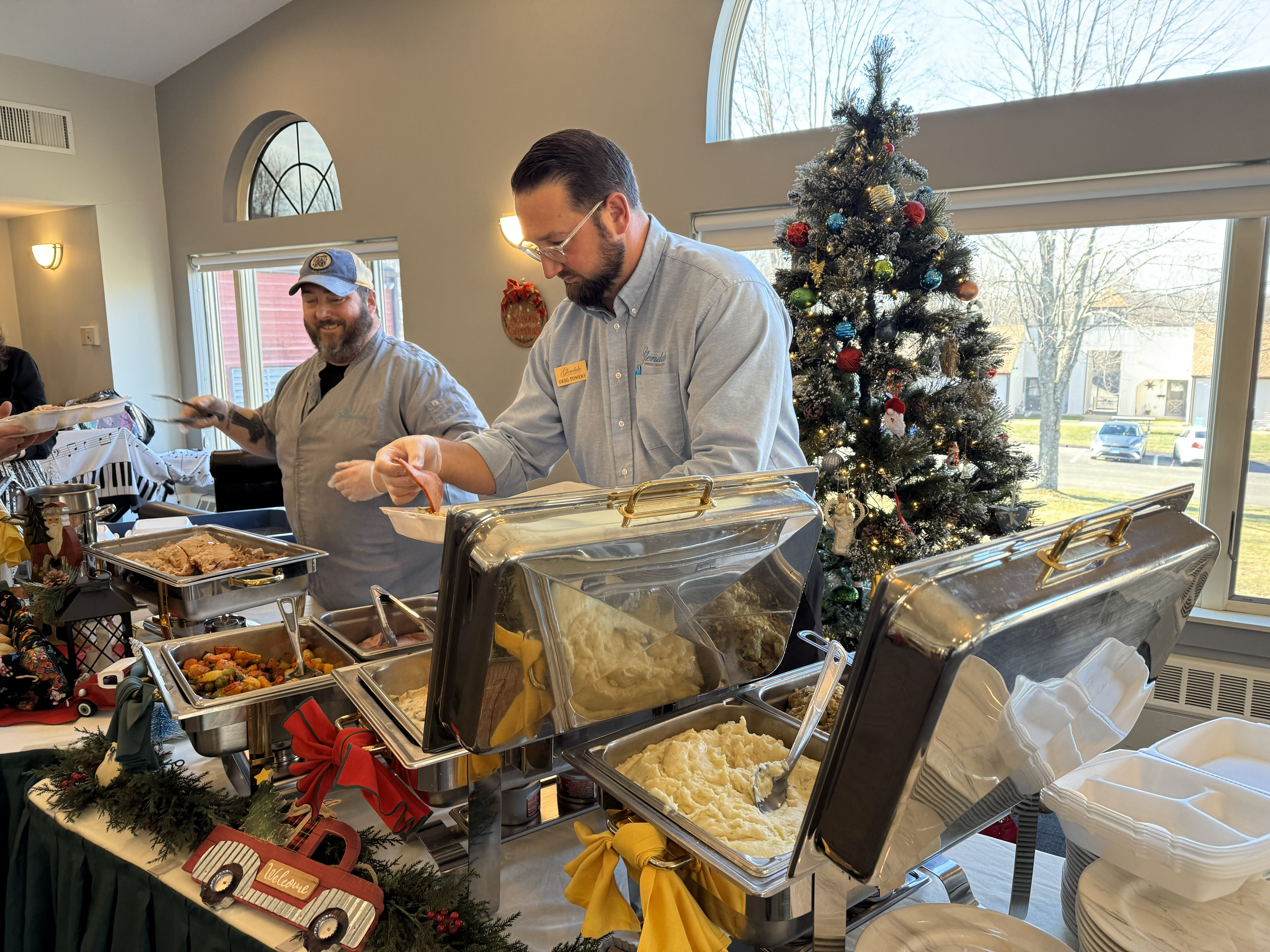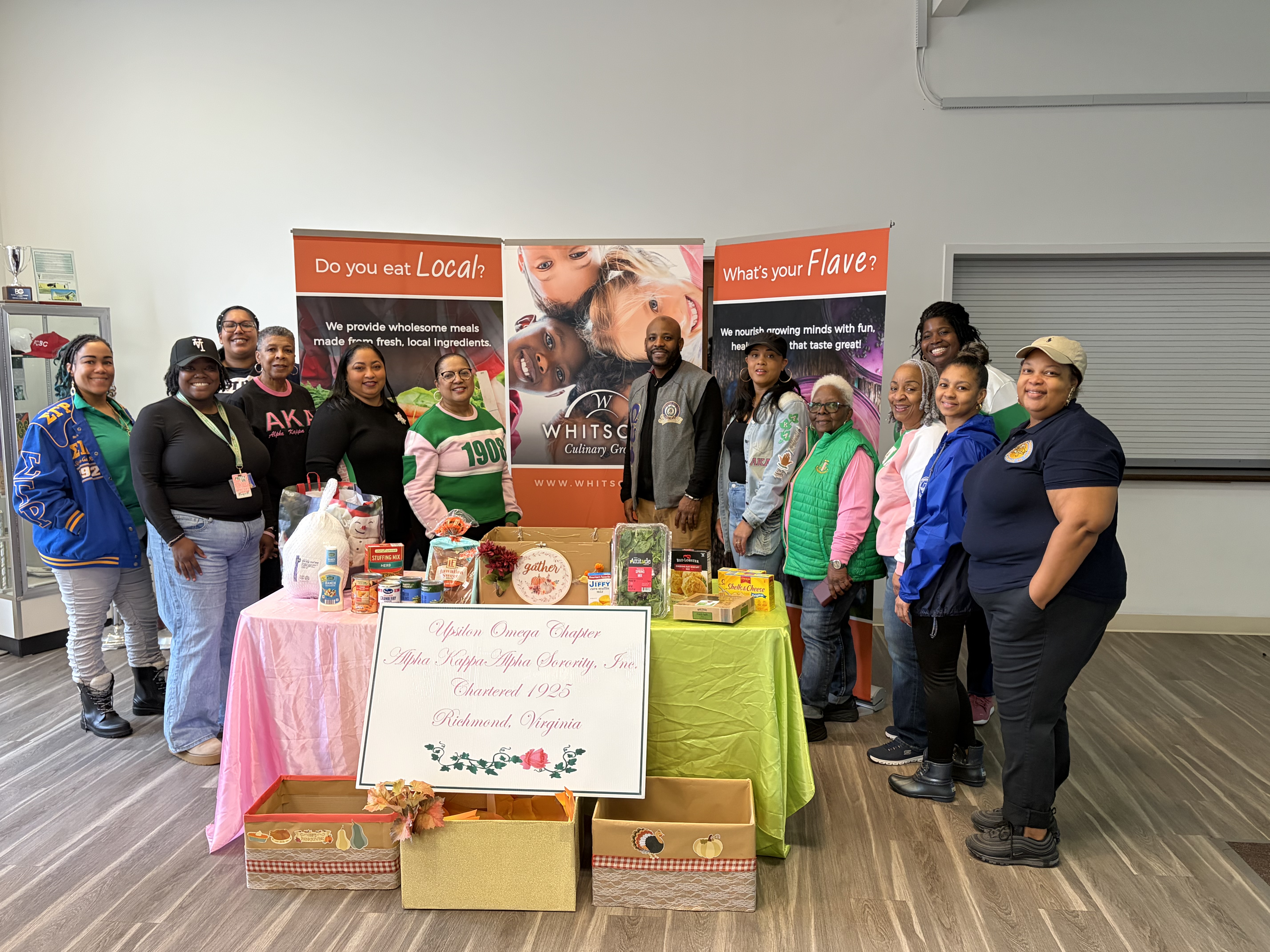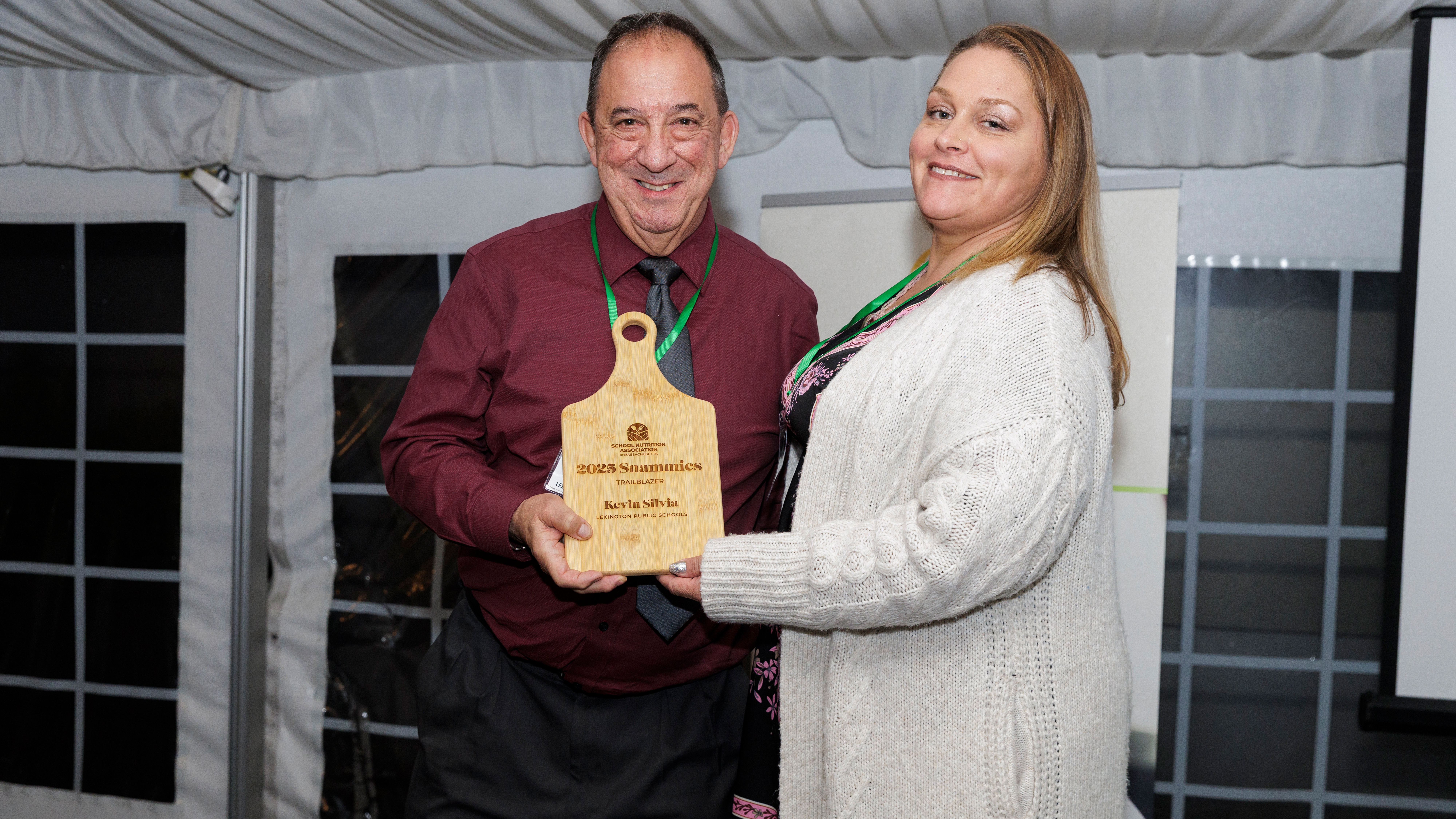Coping with Food Allergies
When your child is newly diagnosed with a food allergy, life suddenly gets more complicated. Gone are the worry-free days of enjoying a restaurant-prepared meal, a festive celebration or a family-made dinner. Instead, these situations are filled with a tremendous amount of stress – and planning – in order to prevent a potentially life-threatening allergic reaction from occurring.
With food allergies on the rise, it’s essential to educate your entire family about staying safe – whether it be for their own health, or for the health of a family member, a classmate or a close friend. Encourage your children to make smart decisions with these tips:
- Use the diagnosis as a teachable moment. As frightening as a food allergy can be, it’s important to understand that with time, patience and education, your child’s food allergy can be managed. Use this diagnosis as a unique way to teach your family about food allergies and healthy eating. For example, depending on their age and maturity level, consider teaching your children to avoid ingredients by showing them pictures of popular food items in magazines or books, reading nutrition labels, cooking allergen-free meals together or taking trips to the grocery store.
- Early involvement plays an important and potentially life-saving role. Having a food allergy is a huge responsibility and, therefore, proper management is key. Rather than taking complete control over the behind-the-scenes work, allow your child to become directly involved in his or her own well-being. Inspire a sense of empowerment by practicing role-playing scenarios where an informed adult might not be present, such as a birthday party, a playdate or a restaurant outing. Does your child know what questions to ask to ensure a risk-free meal? Does he or she understand what symptoms to look for and how to ask for help if an allergic reaction occurs?
- Take advantage of food allergy resources. While it’s easy to feel discouraged, take comfort in knowing that there are plenty of excellent resources available for families and guardians. They can provide helpful tips on how to keep your child protected in everyday situations, as well as educate those around you to keep your child safe.

